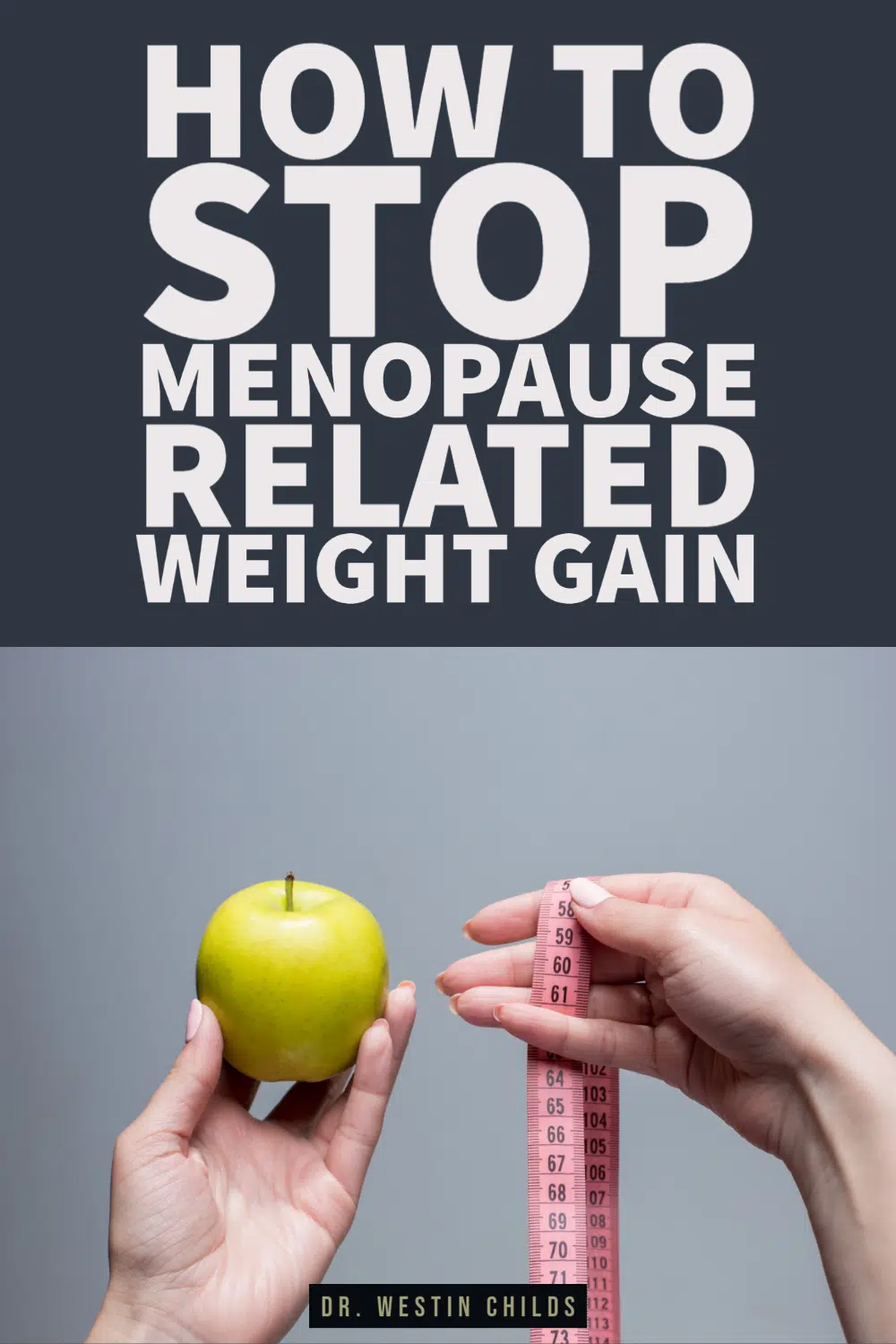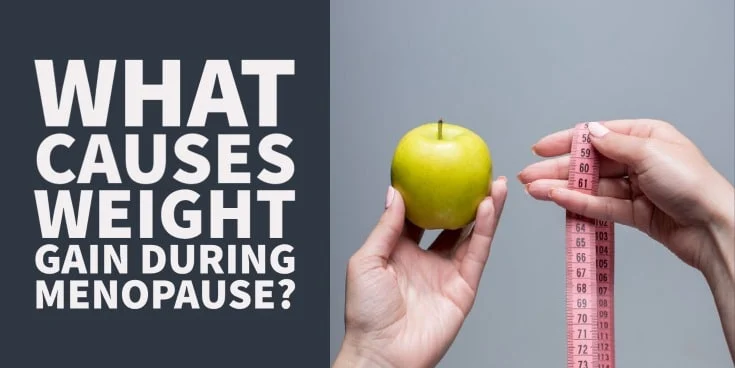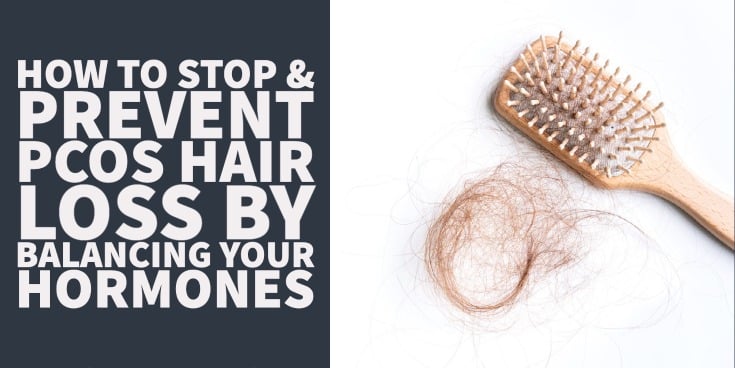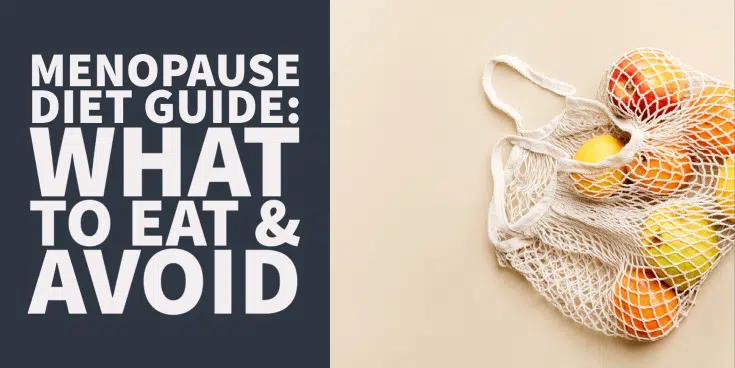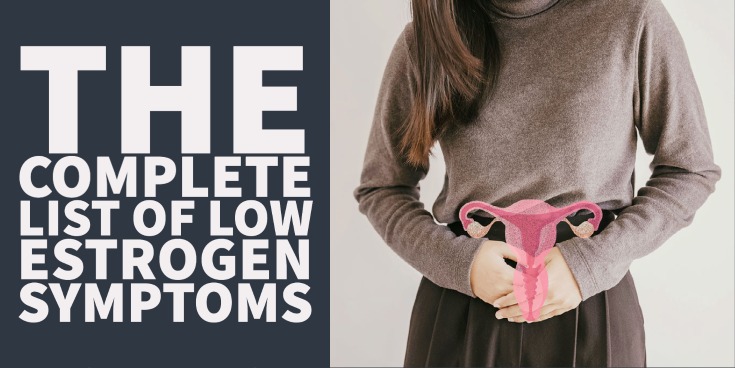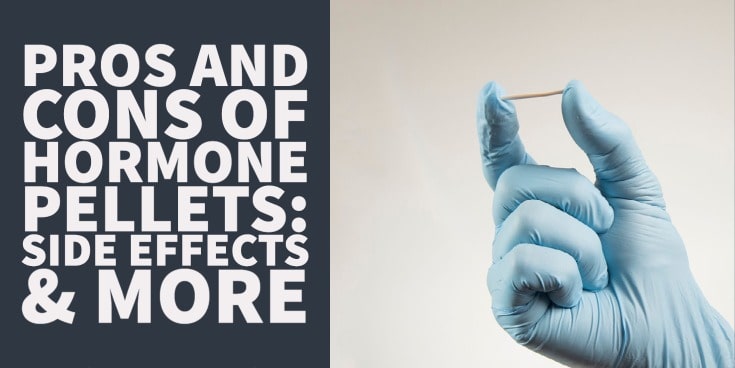On average women gain around 10-15 pounds during the menopause transition.
But, is there a way to prevent this weight gain?
If it’s already happened is there anything you can do to lose weight?
If you are struggling with weight gain after menopause then this is the article for you.
We are going to explore all of the reasons why many women gain weight at menopause, what you can do about it, and how to prevent this weight gain from occurring.
Let’s jump in:
Menopause and its Impact on your Body
Every single woman will eventually go through menopause in her life.
Despite the fact that so many women go through it, many women aren’t prepared for the transition or what it means for their bodies!
So, with that in mind, let’s dispel the uncertainty and talk about it in plain English.
First of all, what is menopause?
Menopause is a state which occurs in the female body and marks a sudden and rapid decline in the sex hormones estradiol and progesterone.
The sudden decline in these hormones is responsible for all of the symptoms associated with menopause, including weight gain.
These sex hormones (estrogen and progesterone) are some of the most important hormones in biology because they help define the female phenotype.

You can imagine why the sudden decline in these hormones causes many problems in the body (1).
The decline in estrogen predisposes women to osteoporosis (2), weight gain, stroke (3), heart attack (4), and more.
For our discussion, we are going to be focusing primarily on weight gain, but just realize that much of the information presented here may help with other issues as well.
So is it an inevitability that you will gain weight during your menopause transition?
Not necessarily, and this is something that we will touch on later in this article.
But first, let’s discuss what actually causes weight gain when you hit menopause:
What Causes Weight Gain at Menopause?
Weight gain at menopause is primarily caused by 3 main categories.
Understanding these categories is very important because if you understand what is causing weight gain in your body then you can target treatment to those specific issues.
So, what is actually happening in your body to cause weight gain?
#1. Genetics.
The first reason has to do with your genetics (5).
A good way to determine how you will handle menopause is to talk to your mom or sisters (or other women in your family who have gone through menopause).
Their experience will probably be a good reflection of what your experience will be like.
You can’t always control your genetics (meaning your mom and dad), but you can actually control some of the expression of your genes through something known as epigenetics (6).
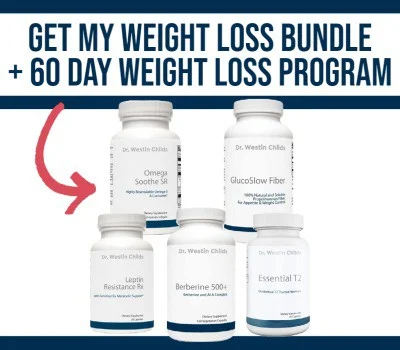
So, even if it’s in your cards to gain weight at menopause doesn’t necessarily that you will.
Certain factors, including behavior factors such as the foods that you eat and how much you exercise, can impact the expression of your genes.
In this way, you may be able to prevent some of the negative side effects associated with menopause even if you are genetically predisposed to them because of your DNA.
#2. Hormonal Changes.
The next category, and probably the most important, has to do with the changes associated with the menopause transition.
You already know that your sex hormones are powerful, but what you probably didn’t realize is that they impact very important processes in your body including how your body metabolizes and stores fat.
And this makes perfect sense if you think about it:
When women gain weight they tend to gain weight in very specific areas of their bodies.
They tend to gain weight in the breast area and in the gluteal region.
This specific pattern of weight gain is promoted by the relative amount of estrogen and progesterone in their body.
So, using that logic, it’s not hard to see why a sudden decline in these important hormones may impact your body weight and how body fat is distributed in your body!

Estrogen seems to play a very prominent role in the regulation of body fat on women (7), and the decline in estrogen during menopause may be largely responsible for the weight gain that many women experience.
A decrease in estrogen has been linked to the following changes:
- Changes in metabolism
- Changes in appetite
- Adipose inflammation
- Insulin resistance
- Development of fatty liver
- Inflammation and atherosclerosis
In addition to estrogen and progesterone, your testosterone also may take a hit and begin to decline as well.
Testosterone is important for regulating body weight, muscle mass, and even your mood.
The moral of the story here is that the decline in these hormones impacts your weight in a positive or negative way.
#3. External Factors.
Lastly, other factors can also influence your weight.
These factors are all of the factors that you would normally consider if you are gaining weight and include how much you exercise, the type of foods that you eat, what medications you are taking, and if you have other medical conditions.
When you hit menopause it seems that many of these factors can exacerbate the underlying hormone changes that occur and make your weight gain more dramatic.
This helps to explain why many women gain weight at menopause despite not changing how much they exercise or the foods that they eat.
Preventing Weight Gain
Have you heard that an ounce of prevention is worth a pound of cure?
This concept holds true for many medical conditions and weight gain at menopause is no different.
It turns out that the best way to treat weight gain at menopause is to completely stop it from occurring!
But how do you do that? And is it even possible?
The answer is yes.
Several studies have shown that it’s possible to mitigate (8) (or reduce) the weight gain associated with menopause by following a couple of simple rules.
#1. Try to be a normal weight during the menopause transition.
Women who are overweight when they transition into menopause tend to gain the most weight compared to women who are a normal weight.
It’s kind of an unfair situation, especially if you are overweight, to begin with, but that’s what the studies show.
It’s a lot easier to lose weight BEFORE menopause, so if you are reading this and you haven’t hit the transition point yet then you want to focus on losing weight in a healthy way right now.
If you’re reading this and you’re already past menopause then you’ll want to follow the instructions below.
#2. Eat healthy foods.
Eating a healthy diet is another way to prevent weight gain at menopause.
And by eating healthy I am not referring to a crash diet or fad diet, I am referring to eating a healthy and nutritious diet that is full of fruits and vegetables.
This is the type of diet that is sustainable and one that you will want to stick to indefinitely.
#3. Exercise regularly.
Lastly, another tip you can utilize is to start up an exercise regimen prior to the menopause transition.
Exercising can help keep your hormones in balance and prevent excess weight gain when your hormones start to go into flux.
But what about the people who have already gained weight?
Well, don’t worry…
If you fit into the category where you’ve already gained weight then you will want to follow the instructions below.
Treating Weight Gain
Here is a bit of bad news for women who are post-menopausal:
It’s more difficult to lose weight after menopause than before (9).
Studies have shown that women who lose weight right before menopause (10) transition have a high risk of gaining their weight back.
I’m sorry to be the bearer of bad news but it’s something you should be aware of because it will help you be successful.
The hormonal changes that occur during the menopause transition make the fat that is on your body more “sticky”.
“Sticky” in the sense that it will want to stick to your body despite your best efforts.
Much of this has to do with the sudden decline in estrogen and how estrogen impacts fat metabolism.
As women enter menopause they tend to lose fat in the places they want it (breast tissue and butt area) and gain it in places they don’t want it (the belly) (11).
This redistribution of fat is primarily from the changes in estrogen.
But just because losing weight is difficult doesn’t mean that it is impossible.
If you find that you have gained a few extra pounds during menopause then you’ll want to consider the following treatment options:
- Consider balancing your hormones with HRT – HRT can help bring your hormones back to normal levels and can be perfectly safe for most people (12). HRT includes the use of estradiol, progesterone, and testosterone in safe physiological amounts.
- Exercising regularly with high-intensity interval training and weight training – You’ll want to specifically focus on short bursts of high-intensity exercises as these tend to put more demand on your body and help reverse hormone resistance syndromes such as insulin resistance. Strength training also helps to promote muscle mass which can improve your metabolism. Studies have shown that a total of 2-2.5 hours of exercise per week is sufficient to get these benefits! (13)
- Consume a healthy diet (not a fad diet) – Eating a healthy diet (high in fruits and vegetables) and low in refined and processed carbohydrates may help you normalize your weight. Foods such as bread, pasta, cereal, etc. can all negatively impact your hormones and lead to insulin resistance. You can learn more about which foods to eat and avoid in this post.
- Take certain supplements – Some supplements may be able to help alleviate your symptoms and promote weight loss. Supplements such as protein powder, berberine, and alpha lipoic acid may help many women in menopause.
Balancing your Hormones with HRT
HRT, otherwise known as hormone replacement therapy, gets a bad name from many doctors and media outlets.
But should the use of hormones be completely avoided during menopause?
The answer is no!
Using hormones can actually help accelerate the weight loss process by bringing your hormones back to youthful levels before you hit menopause.
The entire goal when using hormones is to obtain a youthful level of hormones, not an excessively high level of hormones.
This can be done using what is known as bio-identical hormones.
Bio-identical hormones look structurally identical to the same hormones that your body produces naturally.

And, if given in the right doses, do not carry any negative side effects.
In fact, studies from the Endocrine Society have shown that in many women the benefits outweigh the risks (14) (especially if used in the first 10 years after you hit menopause).
So why are people so afraid of HRT?
Much of the confusion surrounding HRT has to do with identifying the difference between synthetic and bio-identical hormones.
Most hormones are lumped into the category of HRT even though they are all slightly different.
Synthetic hormones, those created by pharmaceutical companies, often carry with them increased risk.
Bio-identical hormones, on the other hand, can be safely used provided they are dosed correctly.
Using HRT, especially if you are symptomatic and struggling with weight gain, can help put your body back into a weight loss-sensitive state.
This means it will be easier to lose weight and get back on track.
The use of HRT usually does not lead to significant weight loss by itself, but it can make the weight loss process easier.
Generally, HRT is done with the use of bio-identical hormones such as progesterone, Bi-est, and Testosterone.
Conclusion
Gaining weight after menopause can be incredibly frustrating, especially if it comes without you making any changes to your diet or lifestyle.
But don’t let it bring you down.
There are several steps you can take to help lose the weight you gained and get back to normal body weight in the process.
Strategies such as the use of HRT, exercising against resistance, consuming healthy foods, and reducing your stress can all positively impact your weight.
Remember as well:
HRT is not necessarily dangerous and can be used to help your body become more sensitive to weight loss.
Consider using HRT if you suffer from weight gain at menopause and if you have menopausal symptoms.
Now I want to hear from you:
Are you struggling to lose weight?
Are you suffering from the symptoms associated with menopause?
What therapies have you tried?
What has worked for you? What hasn’t?
Leave your comments and questions below!
